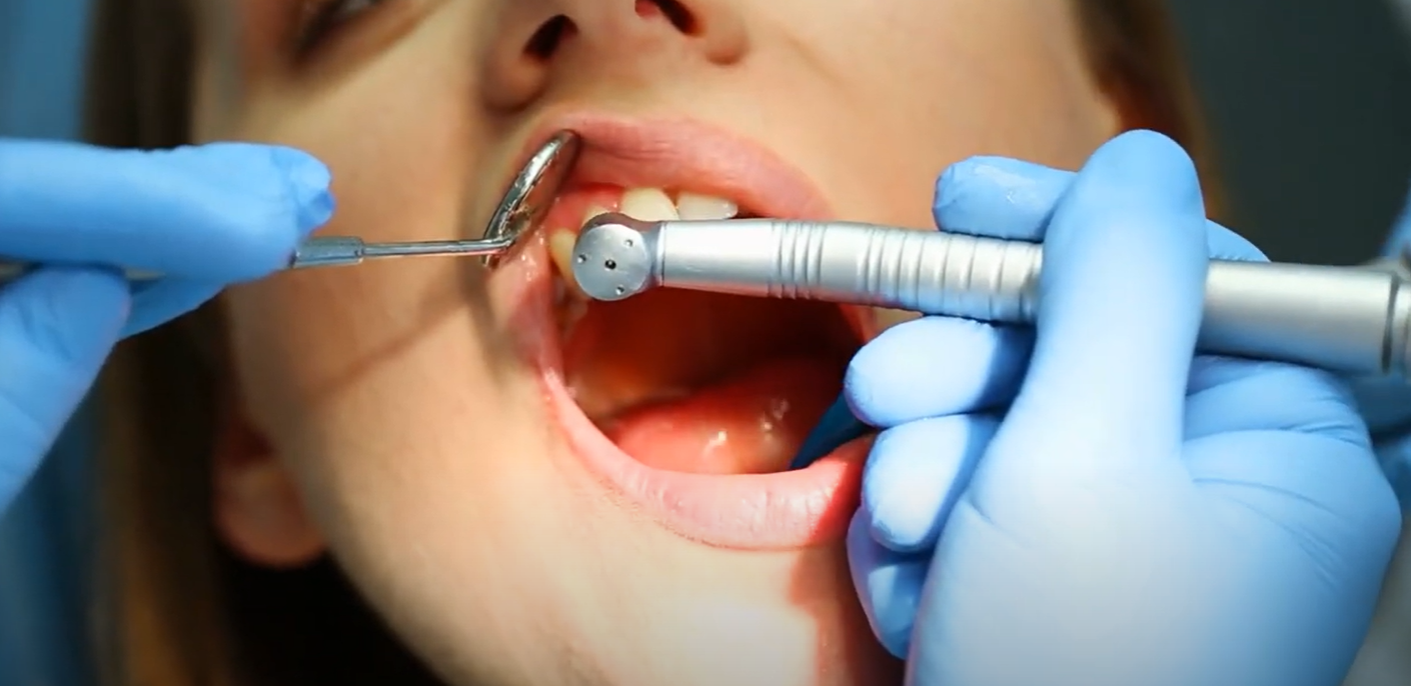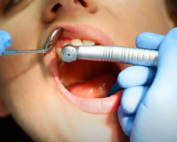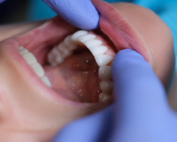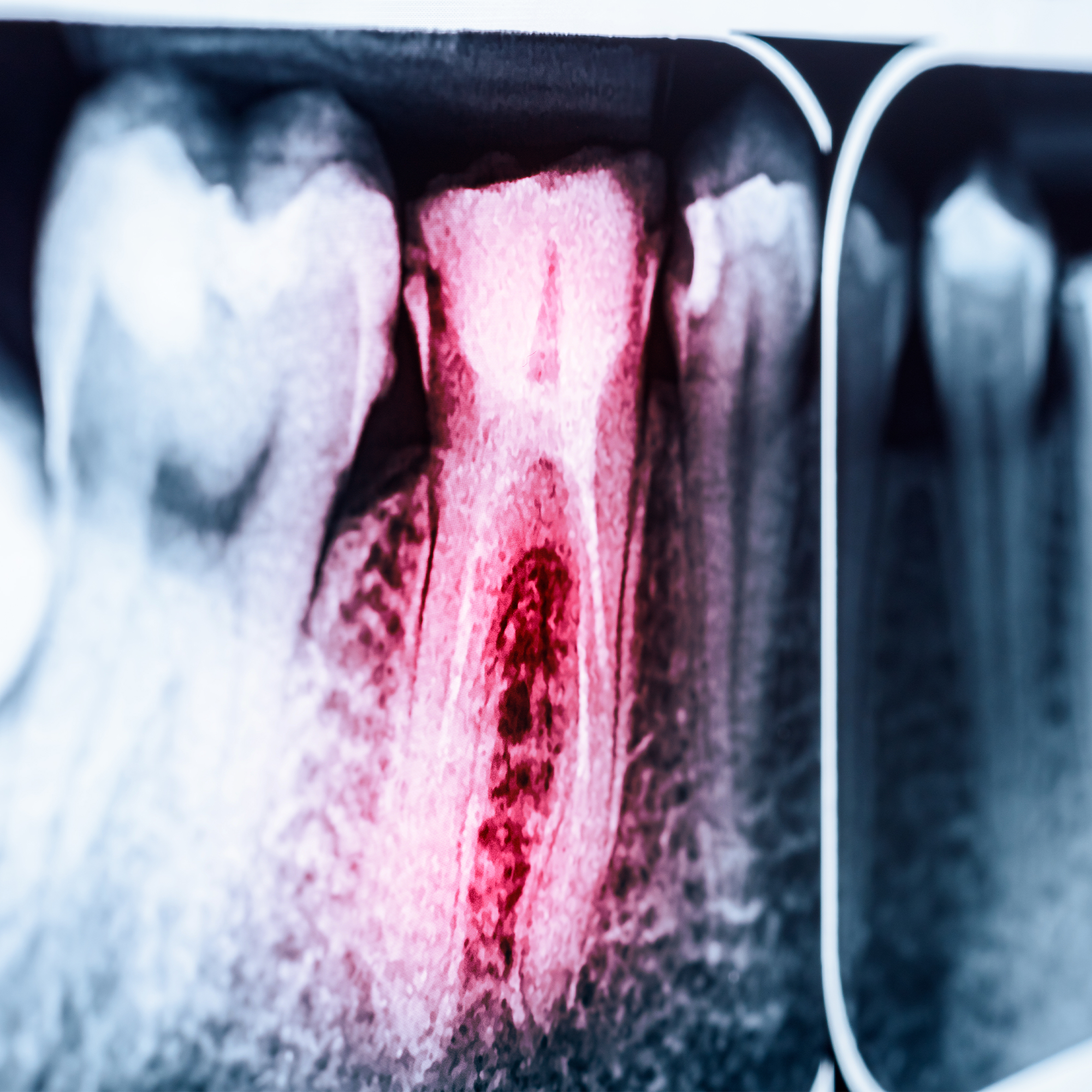Essential Insights from Bilski Dental
At Bilski Dental, we often encounter patients who believe that if something doesn’t hurt, it isn’t a problem. But dental infections can sometimes be painless, silently developing beneath the surface until they lead to serious complications. These painless infections may seem harmless, but they pose significant risks to your oral and overall health if left untreated. Here, we’ll explore why addressing a painless infection is crucial, how we identify these hidden issues, and the options available for treatment.
What Is a Painless Dental Infection?
A painless dental infection, sometimes called an “asymptomatic infection,” doesn’t produce the typical signs of pain or discomfort that you might associate with a dental issue. Without obvious symptoms, these infections can go unnoticed for months or even years.
Unlike the usual toothache where swelling and pressure build up, causing pain, a painless infection typically has a way to release pressure. Often, this is due to a small drainage point, like a gum pimple, which allows the infection to leak out rather than build up. While this lack of pain might make it seem insignificant, it’s actually a sign that an infection is actively present and needs attention.
Why It’s Important to Treat a Painless Infection
Leaving a painless infection untreated can lead to more serious health risks. Here’s why addressing these hidden infections is essential:
- Preventing Infection Spread: Without treatment, the infection can spread to surrounding tissues, potentially affecting the jawbone, gums, or even other parts of the body.
- Protecting Against Bone Loss: Over time, untreated infections can weaken and erode the bone structure supporting your teeth, leading to tooth loss and the need for more extensive dental procedures.
- Reducing Risk of Complications: A painless infection might escalate into a painful abscess or a larger health concern if left untreated. By addressing it early, you avoid more severe problems down the road.
At Bilski Dental, we emphasize the importance of early intervention to protect both your oral health and overall well-being.
How Do You Know If You Have a Painless Infection?
Since painless infections don’t produce obvious symptoms, they’re usually discovered during routine dental check-ups. Here are some subtle signs that might indicate a painless infection:
- Gum Pimples or Boils: A small, persistent pimple on the gum can be a sign of an infection draining through the gum line. Though it may not hurt, it’s important to have it checked.
- Slight Discoloration or Swelling: Some patients may notice a slight discoloration or subtle swelling in the gums, which can indicate infection even without pain.
- Occasional Sensitivity: While painless, infected teeth may still feel slightly sensitive when pressure is applied, such as when chewing or brushing.
Regular dental visits are essential in catching these hidden infections before they progress. Even if you don’t feel discomfort, seeing your dentist twice a year can make a difference in detecting and addressing these silent issues.
How We Treat Painless Infections at Bilski Dental
Once we identify a painless infection, the next step is deciding on the best course of action to restore your health. At Bilski Dental, we discuss treatment options with each patient, ensuring you have the information needed to make an informed choice. Here are some common approaches to treating painless infections:
Root Canal Therapy
Root canal therapy is often recommended for painless infections where the tooth can be preserved. This procedure involves removing the infected pulp inside the tooth, cleaning and disinfecting the area, and sealing it to prevent further infection.
- Benefits of Root Canals: Root canals allow you to retain your natural tooth structure, preserving your smile and avoiding the need for a replacement.
- Safety and Effectiveness: Despite misconceptions, root canals are safe and effective, offering a long-term solution for infected teeth.
Our team at Bilski Dental ensures that each root canal is performed with precision and care, minimizing discomfort and maximizing results.
Tooth Extraction
In cases where a patient prefers not to undergo a root canal or the tooth is too damaged to be saved, extraction may be recommended. This procedure involves carefully removing the infected tooth to prevent the infection from spreading further.
- Immediate Relief: For patients who are uncomfortable with root canal therapy, extraction provides a straightforward solution to remove the source of infection.
- Follow-Up Options: After an extraction, options like dental implants or bridges can restore the space left by the missing tooth, preserving the appearance and function of your smile.
Our team always considers patient preferences and health circumstances when recommending treatment, ensuring you feel comfortable and informed.
Antibiotic Treatment
For some mild infections or as a supplementary treatment to root canals or extractions, antibiotics may be prescribed. While antibiotics alone cannot eliminate the source of infection, they can help manage symptoms and prevent the spread until a definitive treatment is performed.
The Importance of Regular Dental Visits
Even if you’re diligent about brushing and flossing, some issues can only be detected by a dentist. Routine check-ups are essential, as they allow our team to spot infections or other concerns before they become major problems. Here’s why regular visits are so valuable:
- Early Detection: During routine exams, we can identify hidden issues like painless infections and treat them before they lead to pain or complications.
- Customized Care: At Bilski Dental, each check-up is tailored to your health needs, lifestyle, and risk factors, so you receive the preventive care that’s best suited for you.
- Consistent Monitoring: By visiting the dentist twice a year, you create a continuous record of your oral health, making it easier to track changes and catch issues early.
FAQs About Painless Infections
- Can a painless infection really cause harm?
Absolutely. Even without pain, infections can damage bone and tissue, leading to tooth loss and other serious complications. Early treatment is essential. - Is a root canal painful?
Root canals are typically no more uncomfortable than getting a filling, thanks to modern anesthetics and techniques. Our team makes every effort to ensure a comfortable experience. - What if I prefer not to have a root canal?
We understand that treatment preferences vary. If you prefer not to have a root canal, we offer alternative options, such as extraction and dental implants, to suit your needs.
Taking Control of Your Oral Health with Bilski Dental
A painless infection may seem harmless, but addressing it early is key to preventing long-term damage and maintaining a healthy smile. At Bilski Dental, we focus on preventive care and patient education, ensuring you understand the importance of treating infections—even those you can’t feel.
Our team is dedicated to creating a relaxed, supportive environment where you can make informed decisions about your care. If it’s been a while since your last check-up, or if you’re concerned about a potential infection, we’re here to help. Schedule a visit with Bilski Dental and let us help you take control of your oral health.











